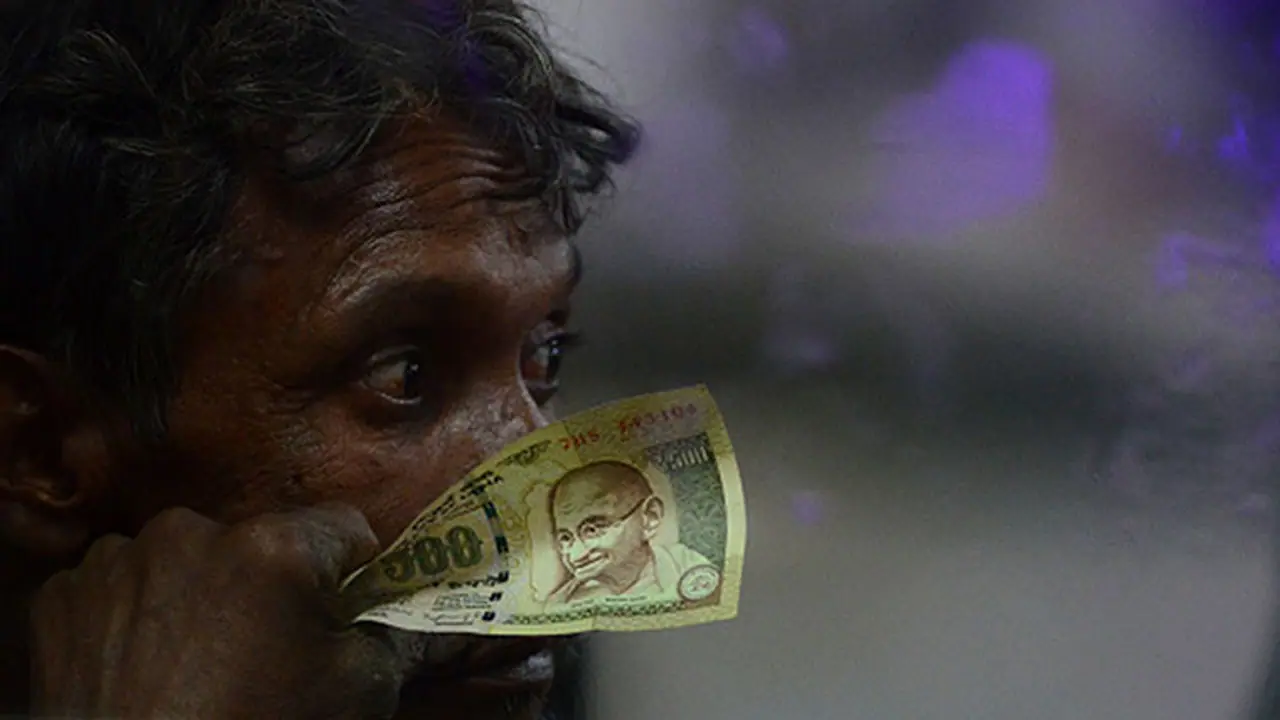After weeks of demonetization, it is heartening to see laws replacing just talk. As expected, the amendments bring new black money disclosures under the I-T act.
Initially, there were plenty of rumours that each deposit over the ₹2.5 lakh 'limit' would attract a 200% 'fine', because there was some presumption that somehow merely depositing the cash was enough proof that you were a black money hoarder.

But as was quickly pointed out, the mere act of depositing money is not illegal. The true illegality only comes if the amount you put back into the bank did not match the amount you already declared you earned this year.
Even then, there is nothing 'black' about having cash per se. If you do come within the income tax slab, for example, then you have the time to declare your earnings, which you have to do only once a year in any case. Perhaps you had always planned on reporting the income in March 2017.
All of these acts, and the hundred different variations that govern how you declare your money to the government come under the Income Tax Act. The government has moved an amendment to this act in Parliament, adding rules to govern income deposited in bank accounts.
For days and days, there has been so much talk about a black money 'crackdown', but these sort of the seat-of-the-pants 'strikes' actually on destabilising the economy. What was sorely needed was an institutional mechanism to address the issue, and if need be to punish the wrong doers.
However, it is important to understand that punishment does not mean retribution. Retribution is an unnecessary and, in the context of a modern financial economy, pointless task.
No legitimate government that seeks to be respected by the finance world can arbitrarily seize money for tax evasion. After all, ensuring that people pay as little tax as possible is almost the foundation of the accounting industry.
The current system, which asks people to deposit money - no questions asked - and simply pay the fines is the best way to reduce black money in the country. And yes, the penalties get more severe the longer you delay.
Those who choose to declare their ill-gotten wealth stashed till now in banned 500 and 1000 rupee notes under the Pradhan Mantri Grabi Kalyan Yojana 2016, will have to pay tax at the rate of 30 per cent of the undisclosed income.
Additionally, a 10 percent penalty will be levied on the undisclosed income and surcharge called PMGK Cess at the rate of 33 per cent of tax (33 per cent of 30 per cent).
Further, the declarants have to deposit 25 per cent of the undisclosed income in a scheme to be notified by the government in consultation with the Reserve Bank of India (RBI).
The money from the scheme would be used for projects in irrigation, housing, toilets, infrastructure, primary education, primary health and livelihood so that there are justice and equality, said the Statement of Objects and Reasons of the Bill.
For those who continue to hold onto undisclosed cash and are caught, existing provisions of the Income Tax law will be amended to provide for a flat 60 percent tax plus a surcharge of 25 per cent of tax (15 per cent), which will amount a levy of 75 per cent.
Besides, if the assessing officer decides he can charge a 10 percent penalty in addition to the 75 percent tax.
Ultimately we cannot force anyone to hand over their cash since the government is not a common thief. However, in the past few days, it felt like the government was drifting in that path. It is good to see some laws replace the talk.
